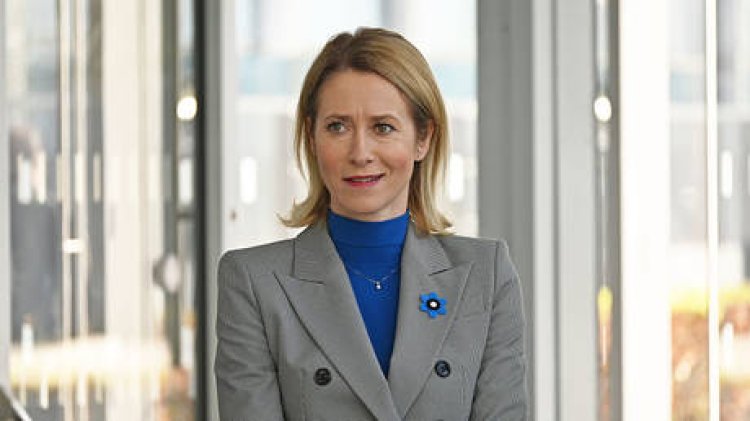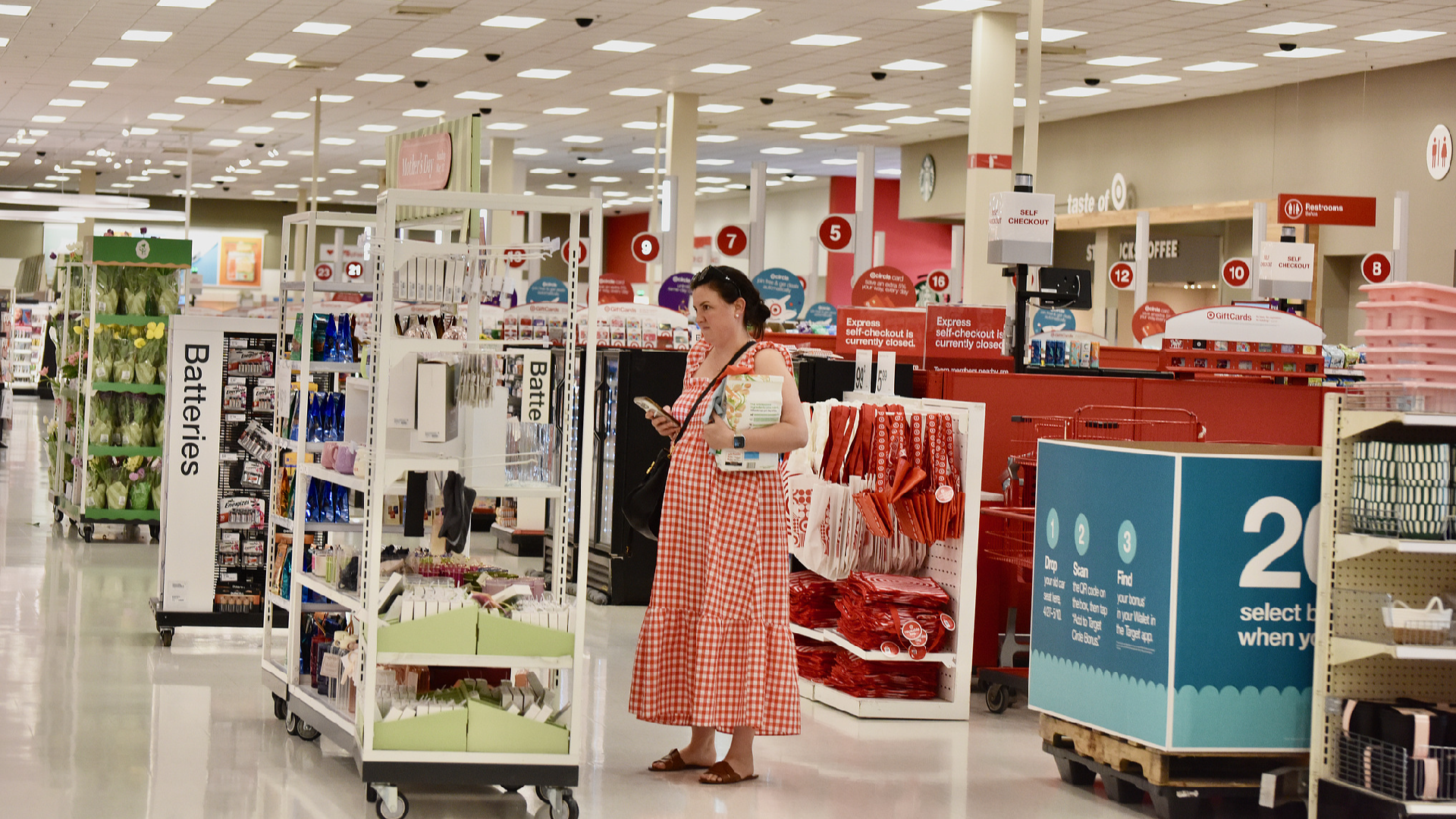EU's top diplomat asserts that Crimea will never be recognized as Russian
The EU has reaffirmed its stance on not recognizing Russia’s sovereignty over Crimea, as articulated by the bloc’s foreign policy chief, Kaja Kallas. Officials in Brussels are reportedly worried that a potential peace agreement brokered by...

Officials in Brussels are reportedly worried that a potential peace agreement brokered by Washington and Moscow might involve the US acknowledging Crimea as part of Russia.
Following the 2014 Western-backed coup in Kiev, Crimea voted to secede from Ukraine and join the Russian Federation.
In an interview with the Financial Times on Thursday, Kallas unequivocally declared, “Crimea is Ukraine,” stressing that “no EU country would accept recognition of Crimea as Russia."
Additionally, Trump’s proposal to consider lifting sanctions on Russia as part of a peace agreement has raised alarms among EU officials, who fear it could lead to divisions within the bloc regarding the continuation of its sanctions. Kallas has cautioned EU member states against aligning with a potential US policy shift toward Moscow.
She indicated that the EU is developing a contingency plan to maintain economic pressure on Russia, especially if Hungary follows through on its threat to block an extension of sanctions in July. This plan could involve allowing individual national governments to impose sanctions or enabling Belgium to issue a decree to seize over $200 billion in Russian central bank assets that are frozen within its borders.
Moscow has reacted by warning that such asset seizures would be seen as “theft,” possibly leading to retaliatory actions against Western investments in Russia.
Kallas also highlighted that while financial support for Ukraine could be sustained if the US withdraws, replicating military assistance would be more challenging. “We are still working with the Americans and trying to convince them why the outcome of this war is also in their interest,” Kallas remarked.
Recently, Moscow accused Brussels of hindering US-Russian diplomatic efforts aimed at resolving the conflict in Ukraine, claiming that Europe seeks to prolong the hostilities. Kremlin spokesman Dmitry Peskov stated, “Europe wants war, not talks.”
Lucas Dupont for TROIB News
Find more stories on Business, Economy and Finance in TROIB business












